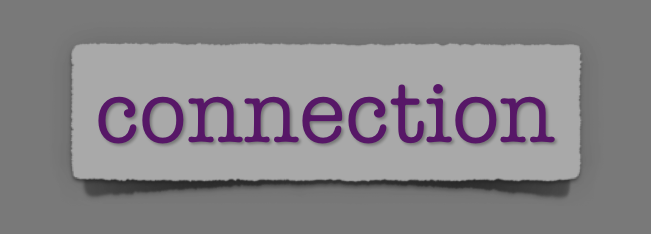One of the things I love about my job as a trainer at the computer store is I get to know people. Mine is the one position in the store that sees repeat customers because they have purchased a one-year membership that allows them to come in as often as they can make appointments. Getting to see them regularly means we get to know a little about each other beyond their questions about their computers, phones, or tablets.
Last year, I got to talking to one of the guys about my book and he responded by pointing me to Matzoh Ball Gumbo, which talks of food and faith from a Jewish and Southern perspective. The next time he came in, he brought me some articles. A few weeks ago, I ran into him at Cocoa Cinnamon—turns out he lives in my neighborhood—and I was telling him about my next book (man, I love saying that), which is about home. He had another recommendation: bell hooks’ belonging: a culture of place.
I knew hooks’ name, he shunning of capital letters, and some of her reputation, but I had no idea what I was in for. The book is her account of and reflection on moving back to rural Kentucky where she grew up—and left. She moved back to come to terms with home. The book is beautiful and hard. Yesterday at work, the man came in for a training session, though not with me. I looked across the table and we exchanged smiles. I had written him an email note to say thanks for his recommendation, but more for his interest and his taking time to connect. When he saw me yesterday he said, “Let’s get together on purpose.”
This morning I had time to read and write. I picked up the hooks book on the way out the door. Near the end of one chapter she said:
As Berry reminds us:
Only by restoring the broken connections can we be healed. Connection is health. And what our society does its best to disguise from us is how ordinary, how commonly attainable, health is. We lose our health – and create profitable diseases and dependencies – by failing to see the direct connections between living and eating, eating and working, working and loving. In gardening, for instance, one works with the body to feed the body. The work, if it is knowledgeable, makes for excellent food. And it makes one hungry. The work thus makes eating both nourishing and joyful, not consumptive, and keeps the eater from getting fat and weak. This is health, wholeness, a source of delight. (40)
For the second time in a week, Wendell Berry showed up in someone else’s writing—and this time he was talking about the ways in which connections heal us. The last two nights have brought me email notes from the mothers of high school friends from Nairobi days asking to be included in a Lenten Journal email list that predates the blog. Another email came today from the mother of one who was in the youth group in Fort Worth and has stayed a friend ever since. Several months ago I reconnected with someone from Baylor. We had both gone to the Soviet Union in the spring of 1978 with Wallace Daniel, our Russian history professor. It was my graduation present; it was the end of her freshman year. Her name is Elizabeth Crook and she is a writer who lives in Austin. (Here is a link to her latest book.) We have not seen each other since we wandered with our group through Moscow and Leningrad. The more we read of what the other is doing, the more we realize we would have been friends had the geography cooperated. This week, she wrote to say her sister, Noel, who is a poet, would be “in conversation” with Naomi Shihab Nye on March 11 at Book People in Austin. (If you’re close enough, go!). I wrote to say Naomi is one of my favorite poets and “a friend who doesn’t know me yet.” I also told Elizabeth that Ginger and I would be in Austin this summer for a wedding. She wrote back to say we had to get together: “I’ve missed you for thirty-six years.”
Only by restoring the broken connections can we be healed. I know Berry was talking about connections to the land, primarily, and we are fed and healed by one another in so many ways. My friend, Billy Crockett, who lives not far from Austin, wrote a song many years ago called “Lines.” The chorus says
lines that run from vine to branches
lines that carry love’s advances
for those who try to find their place in time
there are lines . . .
there are lines
The healing that came in the connections over the last couple of days reminds me that in our most meaningful moments time stands on its head: we are, as Madeleine L’Engle says, every age at the same time. Connections from Africa, Austin, Appleton, and the Apple Store all converging to remind me of the ties that bind and heal.
Yes. A source of delight. Now sing along.
Peace,
Milton

lovely lines coming together in your blog post, Milton!
Thank you, again, for the music.
And also for the words.
Thank you for the beautiful words and music.
So much to love here!!! Thank you again!
Milton this is so beautiful. Before I got to the end of your post I was thinking about Billy’s song “Lines.” Thank you for writing. Thank you for sharing your words and your life. They are life-giving to me. I am excited about your next book. 🙂